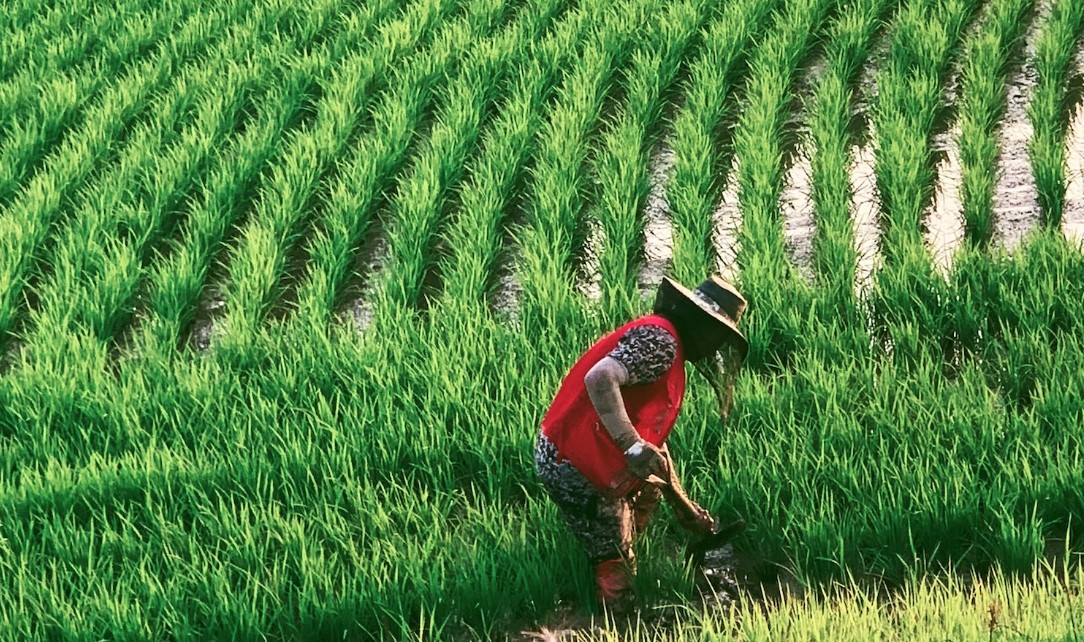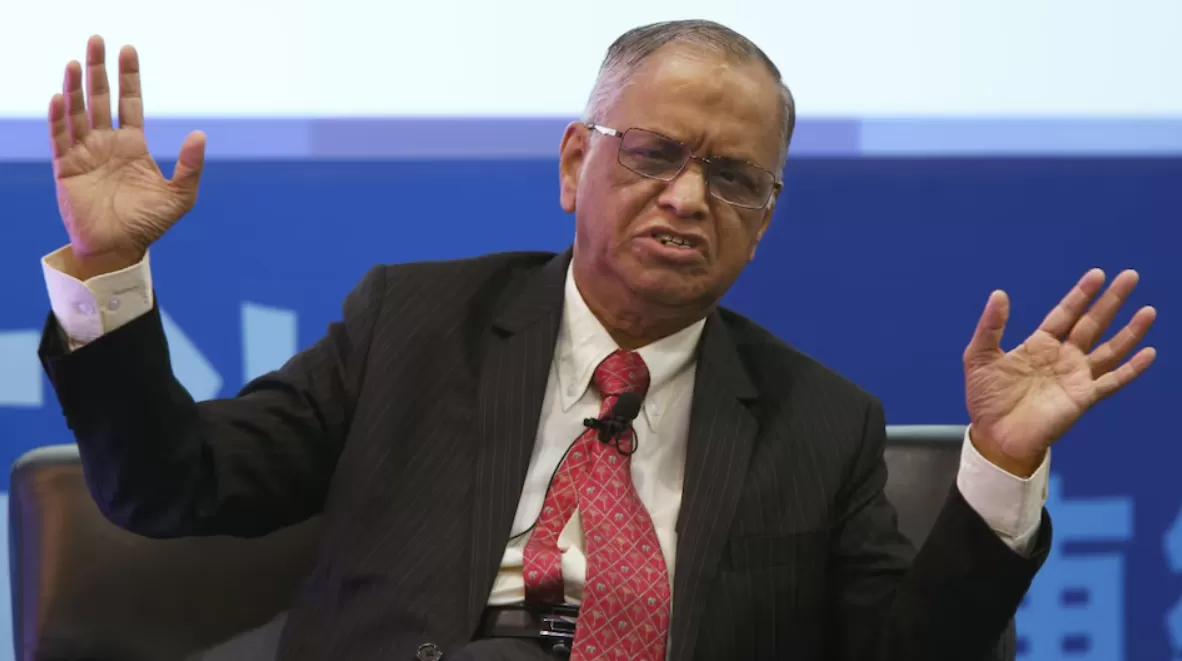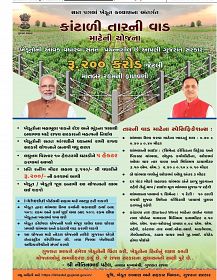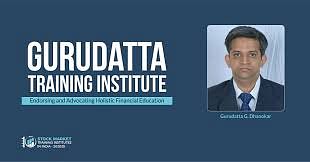
A version of this piece was featured in Food Tank’s newsletter, released weekly on Thursdays. To make sure it lands straight in your inbox and to be among the first to receive it, subscribe now by clicking here.
We have a big question on our plates this week: Where are we?
How far are we getting on addressing food and nutrition insecurity? Are we making progress on equality and equity in our food systems? Do we recognize the important roles that women, youth, and others who have been historically marginalized play in ensuring that we find ways to solve the climate crisis? The biggest of all: How do we know whether our actions are enough?
Several United Nations organizations launched a new guide this week in the leadup to the U.N. Food Systems Summit +2 Stocktaking Moment, which is taking place next month in Rome.
This is an important worldwide effort to take stock of how far we’ve come—and how far we still have to go—following the U.N. Food Systems Summit in 2021.
As this new guide outlines, the 2021 summit highlighted the need for a deeper evidence-based understanding of food systems, more trust and inclusivity, and institutionalizing certain professional practices and funding.
Many of us in the food movement appreciated the opportunity to look at these issues so deeply at the Food Systems Summit in 2021, and many were excited about it.
Plenty of folks, though, voiced concerns that the summit didn’t sufficiently focus on civil society—on deeply rooted, local organizations; ones that are non-governmental and also outside the private sector. Some felt there was too much business focus; others were concerned about the influence of groups like the Alliance for a Green Revolution in Africa, which has faced grassroots opposition across the continent.
So what does this mean? I’ll be in Rome next month for the U.N. Food Systems Summit +2 Stocktaking Moment, and I’m closely watching to see how these concerns are addressed. Farmers, Indigenous groups, and local communities are the true experts in their land—and we can’t make meaningful progress without their leadership.
As we approach this opportunity to check in, the U.N. Food Systems Coordination Hub organized a series of five prep meetings around the world. And regardless of region, folks voiced similar priorities: More regional collaboration and inclusion, stronger policy coordination, empowering women, strengthening our ability to collect and analyze data.
Our goals are only as meaningful as our ability to measure and achieve them. It’s important to pause, take stock of how far we’ve come, and recommit ourselves to working hard to improve human and planetary health.
As we continue to think about where our food comes from and whose voices are being elevated on a global scale, what questions are you thinking about? What progress have you seen, and where has the food movement fallen short?










